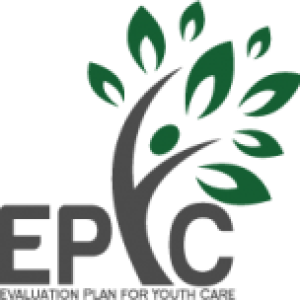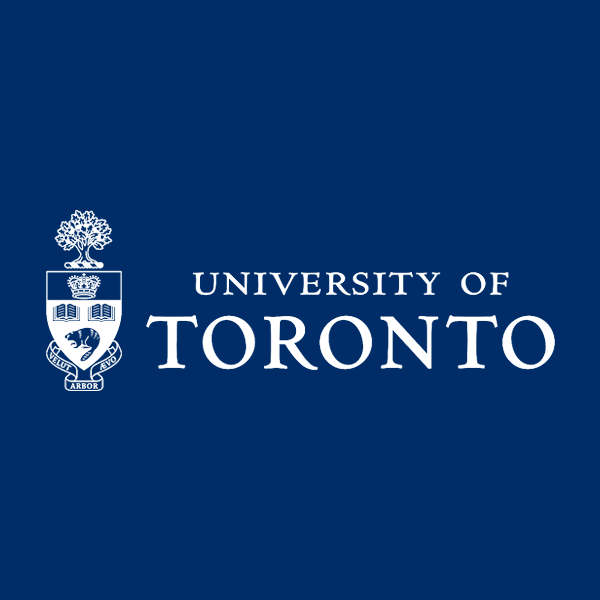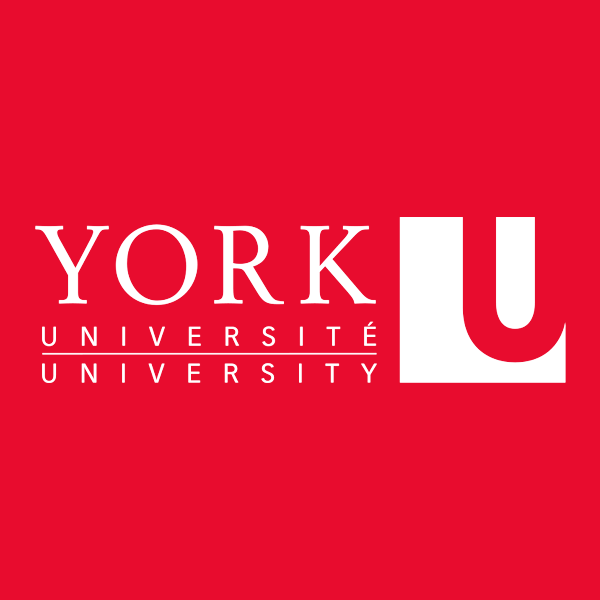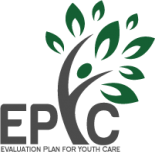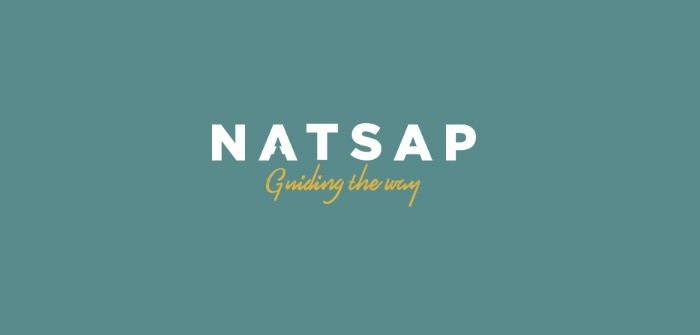Partnerships, Memberships, Collaborations

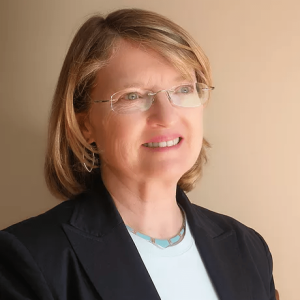
York University
We are proud to be associated with Dr. Debra Pepler, Distinguished Research Professor of Psychology at York University & Senior Adjunct Scientist at SickKids Hospital.
Dr. Pepler is our Senior Research Advisor and Chair of our Board of Directors’ Subcommittee on Research. Dr. Peper has nurtured our growth in research-related projects since our early days.
PRI is sponsoring a Post-Doctoral Fellowship, supervised collaboratively by Drs. Pepler and Mills. Our Fellow, Dr. Tazvin Ijaz will develop and publish new knowledge on mechanisms of treatment success.
A former graduate student of Dr. Pepler, Julia Riddell, worked closely with the PRI team at to publish an insightful article on youth’s development of relational
identity during their time at PRI.
University of Toronto
Dr Amanda Uliaszek has been an active partner with PRI since 2017, when we collaborated with grad student Nadia Al-Dajani on a project to learn about factors that predict early treatment dropout. See the article here.
Kevin Hamdullhpur, one of Dr. Uliaszek’s grad students, published a scholarly article highlighting the benefits of PRI treatment compared to a similar group of youths who did not receive our care.
We are working to expand our knowledge about youths and families who apply for intensive treatment, and what happens when they do not receive it. Learn more about this project here.

Gallery Item Name
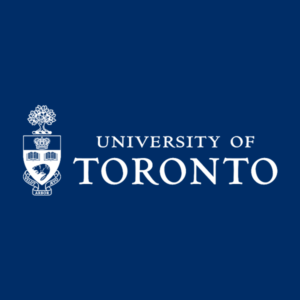

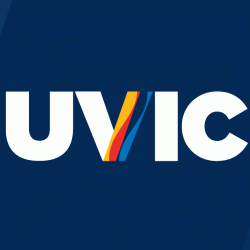

University of Victoria
We have partnered with Dr. Nevin Harper and his graduate students since 2018, when Addison Mott and Patricia Obee engaged with a project to learn about ‘Moments of Change’ during the Wilderness Phase of Pine River treatment. The paper, Client Perspectives on Wilderness Therapy as a Component of Adolescent Residential Treatment for Problematic Substance Use and Mental Health Issues, was published in Children & Youth Services Review in 2019.
Kostas Zolotas is working to better understand the mechanisms of treatment change that youths experience during the OLE, our Outdoor Leadership Experience.

Gallery Item Name

Gallery Item Name

Gallery Item Name
Trent University
Dr. Eastabrook’s students have completed projects related to Emotional Intelligence and Family Functioning.
Katherine Nocera, one of Dr. Eastabrook’s students, presented a 3-minute summary of the research completed in collaboration with PRI. This presentation won second in a competition hosted by TrentU.
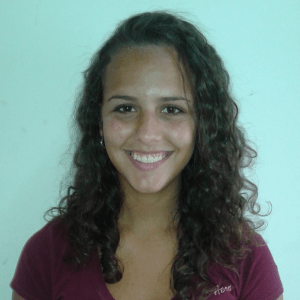
Gallery Item Name



Gallery Item Name

Gallery item name
Lorem ipsum dolor sit amet, consectetur adipisicing elit. Quidem, provident.
The University of Toronto’s Factor-Inwenstash Faculty of Social Work includes a practicum placement for their graduate students who engage in research projects or combined research/ clinical work. Recent interns include Kimya Shahi, who evaluated and Samiha Sharif who specializes in diversity, equity, and inclusion.
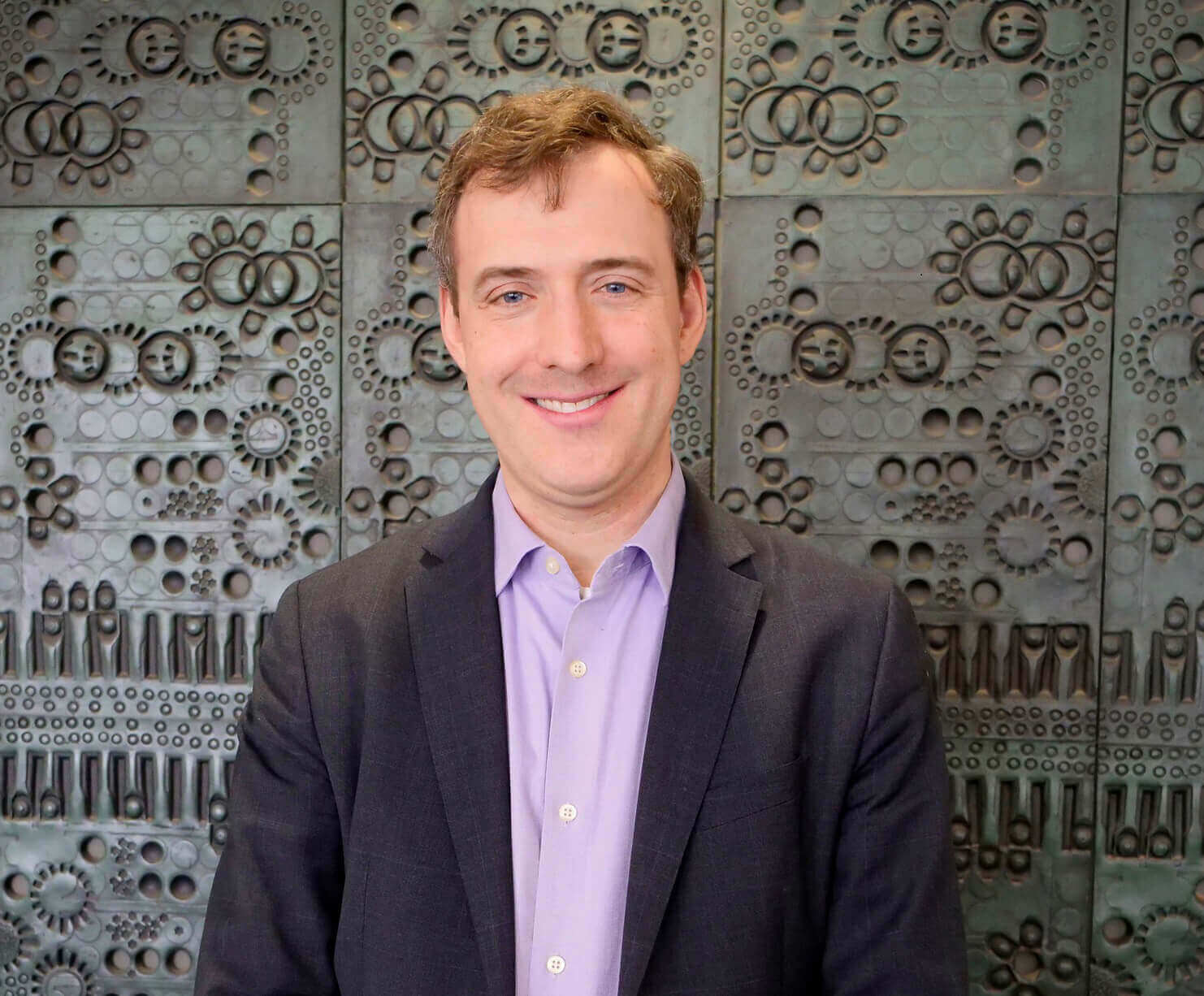
Gallery Item Name

Gallery Item Name
We are excited to partner with OISE’s Dr. Rodd Cunningham and his graduate student, Shona Mistry. Shona is owrking with PRI’s research team to learn more about the interplay of mental health, substance abuse, and learning barriers
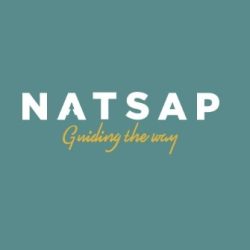
Natsap
Representatives from PRI have been active with the National Association of Therapeutic Schools & Programs since our inception.
PRI’s Director of Research & Evaluation, Dr. Laura Mills, serves as co-chair for NATSAP’s Research Committee and sits on the Ethics Review Board.
We have delivered dozens of presentations at the Annual NATSAP conference and attended hundreds of learning sessions at these events. Networking at NATSAP has fostered excellent professional contacts and research collaborations.
In 2021, Dr. Mills worked collaboratively with NATSAP members to publish a manuscript demonstrating that the connection between family work and better youth outcomes is a product of improved family functioning.
Evaluation Plan for Youth Care
From 2012-2017, PRI was the lead agency on a province-wide project to develop and implement evaluation in youth addiction agencies. We worked with 12 collaborative agencies toward this goal.
We secured initial support from Ontario Centre of Excellence in Child and Youth Mental Health and from Addictions and Mental Health Ontario. We also received a grant of $327,500 from Ontario Trillium Foundation, and $210,262 from Health Canada’s Drug Treatment Funding Program.
We traveled the province, asking youths, caregivers, agency stakeholders, and policy decision makers how to define treatment success. We developed an evaluation plan and interactive software to display survey results. Some agencies implemented EPYC in their programming.
The project was absorbed by Addictions & Mental HealthOntario in 2018. We sincerely hope this project will regain momentum and help Ontario agencies understand their impact and make evaluation-informed decisions.
